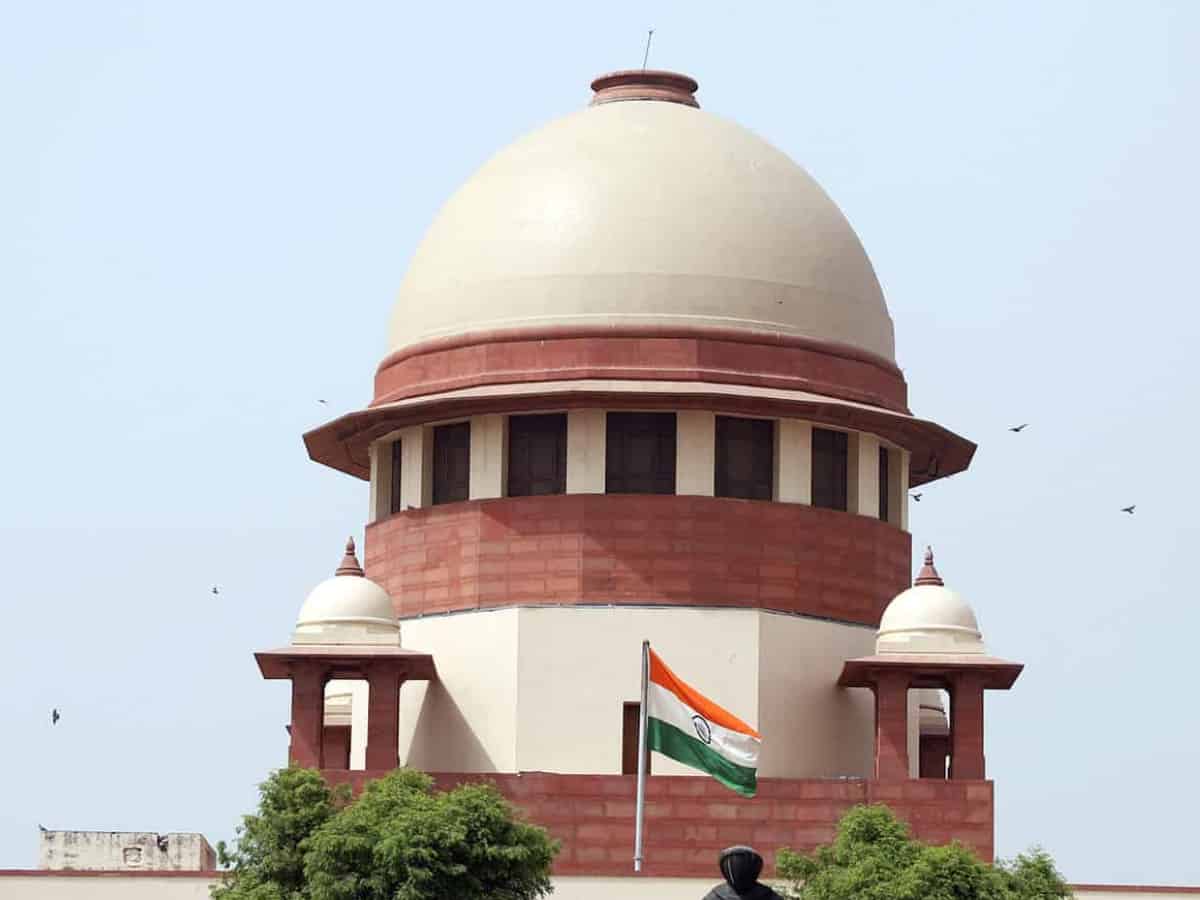
New Delhi: The Supreme Court on Monday refused to entertain a plea seeking direction to ensure uniform age of marriage for men and women, saying it can’t issue mandamus to the Parliament to legislate.
Chief Justice of India D.Y. Chandrachud also pulled up petitioner-advocate Ashwini Upadhyay, saying: “We are not here to please you or any section of the polity. Don’t you give me gratuitous comments. This is not a political forum…”.
During the hearing in the matter, a bench headed by the Chief Justice noted that the court must defer to ultimate wisdom of Parliament and “we must not perceive ourselves as exclusive custodian of law. Parliament is also custodian of law”.
Upadhyay submitted that the matter involves a question connected with gender equality and the court as custodian of law must intervene to remove the anomaly to prescribe minimum age of marriage as 21 years for both men and women.
The bench, also comprising Justices P.S. Narasimha and J.B. Pardiwala, told Upadhyay though he seeks to have 21 years as the age of marriage for both men and women, the prayer in the plea was for striking down the provision prescribing minimum age of marriage altogether.
The Chief Justice told Upadhyay that striking down the provision will lead to a situation with no minimum age of marriage for women.
The bench stressed it is trite law that under Article 32, it cannot issue mandamus to Parliament to legislate nor can it legislate.
Upadhyay pressed that since a law has been moved in Parliament to make the minimum age of marriage at 21 years for both men and women and has been referred to the standing committee, a response should be called from the Central government. However, his submissions could not convince the bench.
At the conclusion of the hearing, the bench got irked by some submissions made by Upadhyay. After the top court made it clear that it will not issue orders to legislate, Upadhyay said it would have been better to let the Delhi High Court examine the matter.
At this, the Chief Justice told him: “We are not here to hear your opinions. Fortunately, our legitimacy doesn’t depend on what you feel about us. We don’t want your gratuitous comments on what you feel about us.”
“We’re here to do our constitutional duty, not here to please you. Nor are we here to please any polity. So don’t you give us your gratuitous comments on how you feel for us. You’re a member of the bar, argue before us. This is not a political forum.”
The court also declined to entertain a submission by Upadhyay to grant him liberty to move the Law Commission in the matter.



